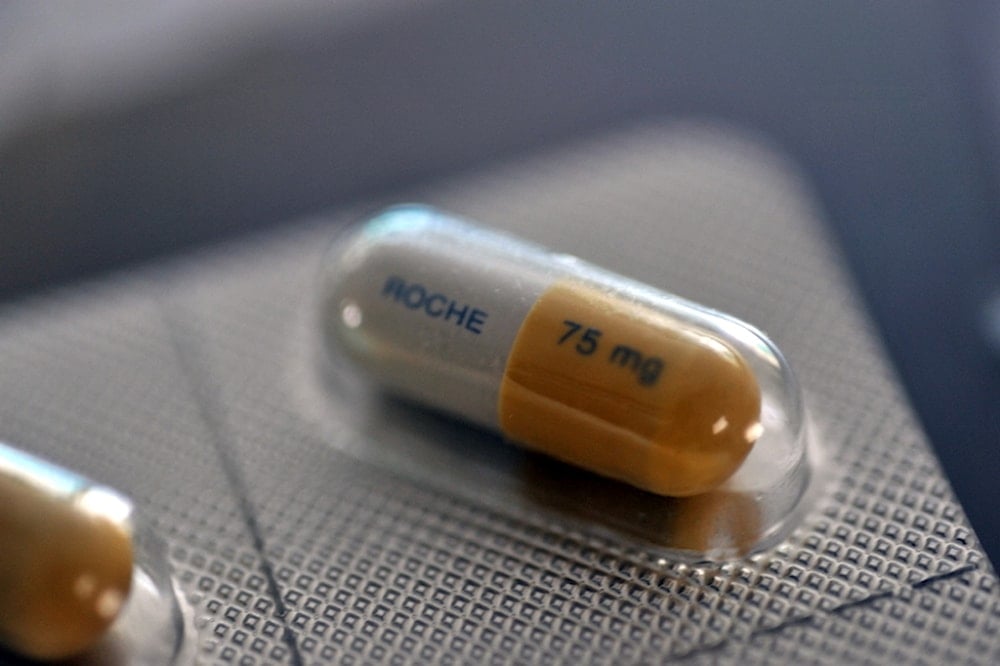Roche says Trump drug price order threatens $50bln US investment plans
The Swiss pharmaceutical company says Trump's executive order could jeopardize 12,000 jobs in the US, amid concerns over implementation challenges.
-

A Tamiflu medicine pill by the Swiss pharmaceutical company Roche against the Influenza A (H1N1) virus, July 25, 2009 (Wikimedia Commons)
Roche stated on Wednesday that US President Donald Trump's executive order on drug pricing could jeopardize the company's planned $50 billion investment in the United States.
The executive order signed by President Trump on Monday, which directs drugmakers to reduce the prices of brand-name medicines to match those in other wealthy nations, could face significant implementation challenges, according to analysts and legal experts.
"Should the proposed EO (Executive Order) go into effect, Roche's ability to fund the significant investments previously announced in the US will be in question," the company said in a statement. It noted that it does not expect Trump's order to affect its business in 2025 and that it would continue to engage with Congress and the Trump administration.
In April, Roche announced plans to invest $50 billion in the US over the next five years while creating more than 12,000 jobs, joining other major drugmakers such as Eli Lilly, Johnson & Johnson, and Novartis in announcing large-scale US investments in response to President Trump's push to bring pharmaceutical manufacturing back to the country.
56% of Americans disapprove Trump's economic policies
According to a recent CNN-commissioned SSRS poll, over 50% of Americans express dissatisfaction with President Donald Trump's economic management, signaling widespread unease about his administration's economic policies.
The survey found that 56% of respondents disapprove of Trump's economic management, while 61% expressed dissatisfaction with his tariff policies. His approach to foreign affairs received 58% disapproval, and 56% of Americans disapproved of his handling of health care policy.
On April 4, Federal Reserve chair Jerome Powell warned on April 4 that Trump's aggressive tariffs could potentially trigger a sharp rise in inflation and weaken the economic growth of the United States, emphasizing that it was too soon for the Federal Reserve to adjust its monetary policy.
Reuters on April 23 published results from a joint poll conducted with Ipsos, revealing a sharp decline in public support for Trump's handling of the US economy.
Only 37% of Americans approved of his economic performance, down from 42% at the start of his term. The poll, conducted between April 16 and 21 and involving 4,306 US adults, has a margin of error of about two percentage points.
The survey also showed that 75% of respondents are concerned that a recession may be on the horizon, an anxiety that coincides with the White House's increasingly controversial trade policy.

 3 Min Read
3 Min Read










